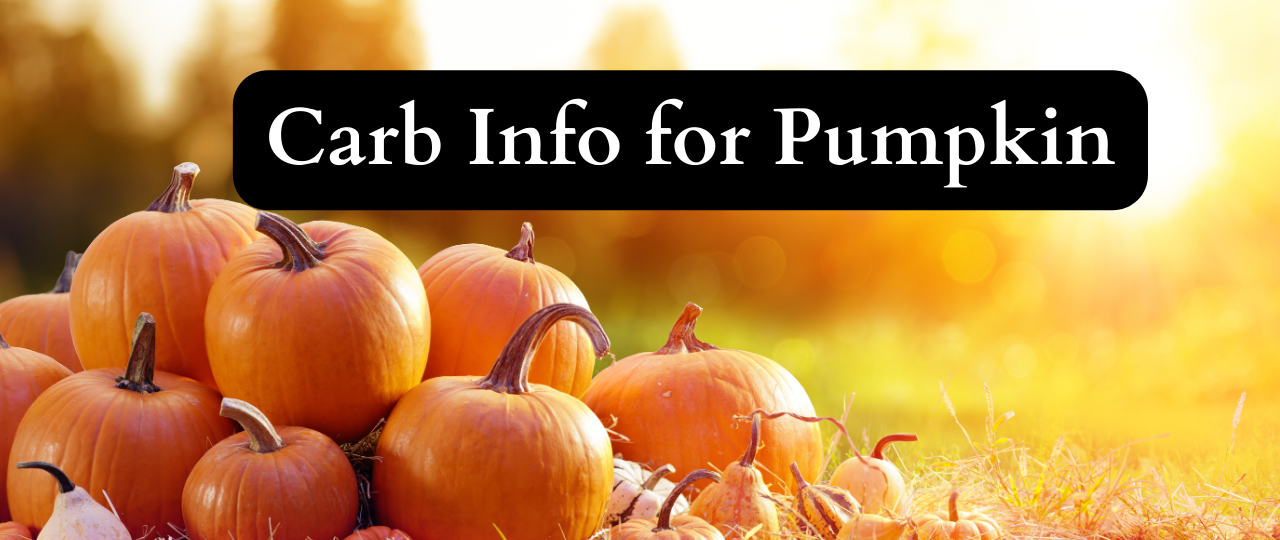
Pumpkins are not only jam-packed with vitamins, minerals, and phytonutrients, they have a lot less starch and sugar than related squashes such as butternut and acorn squashes. And don't forget to roast and eat the seeds.
Carbohydrate and Fiber Counts for Pumpkin
- ½ cup raw pumpkin, cubed: 3.5 grams effective (net) carbohydrate plus .5 gram fiber and 15 calories
- ½ cup canned or mashed cooked pumpkin: 6 grams effective (net) carbohydrate plus 3.5 gram fiber and 42 calories
- 4 oz raw pumpkin (¼ lb): 7 grams effective (net) carbohydrate and 29 calories
Glycemic Index for Pumpkin : One glycemic index study of "winter squash" reported an average of 41.
Glycemic Load of Pumpkin
- ½ cup raw pumpkin, cubed: 2
- ½ cup canned or mashed cooked pumpkin:3
- 4 oz pumpkin (¼ lb): 4
Health Benefits of Pumpkin
Pumpkin is an excellent source of vitamin A and all the carotenes, especially beta-carotene. It is also a good source of potassium, manganese, vitamin C, and magnesium. Canned pumpkin is a good source of vitamin K.
Sources:Leroux, MarcusFoster-Powell, Kaye, Holt, Susanna and Brand-Miller, Janette. "International table of glycemic index and glycemic load values: 2002." American Journal of Clinical Nutrition. Vol. 76, No. 1, 5-56, (2002).




















